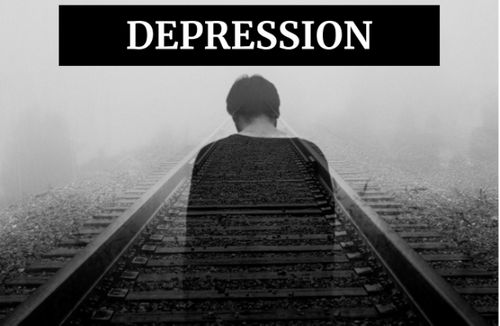What is depression?
Apr 15, 2022 · 2 mins read
0
Share

People say, “I am feeling sad”. But don’t get confused between feeling sad and being clinically depressed. You can be sad after having a breakup, being fired from your job, or failing a test. Depression is different. Key points from Dr Helen M. Farell's Ted Talk on Depression.👇
Save
Share
According to the WHO, 5.0% of adults globally suffer from depression. But depression is difficult to understand because it is not the same as a physical disability that can be seen by everyone like an injury.
Save
Share
Depression is different from usual mood fluctuations and short-lived emotional responses to challenges in everyday life. Because of depression, one can suffer and function poorly at work, at school, and in the family. At its worst, depression can lead to suicide.
Save
Share
Depression is associated with the depletion of certain neurotransmitters, especially serotonin, norepinephrine, and dopamine. It is also linked to hormone abnormalities such as high cortisol and deregulation of thyroid hormones.
Save
Share
Symptoms of depression: low mood, change in appetite, unsinterested in things that one previously liked, worthlessness, excessive guilt, sleeping too much or too little, restlessness, slowness, poor concentration, loss of energy, or recurrent thoughts of suicide.
Save
Share
Depression results in changes in the circadian rhythms and REM (Rapid Eye Movement).
Save
Share
Diagnosis: If you have five of these symptoms, you may qualify for a diagnosis of depression. There is no precise diagnostic tool but depending on the severity and pattern of depressive episodes over time, healthcare providers may offer psychological treatments.
Save
Share
Treatments: Behavioral activation, cognitive behavioral therapy, interpersonal psychotherapy, and/or antidepressant medication. Medication and therapy complement each other to boost brain chemicals. In extreme cases, electroconvulsive therapy is also helpful.
Save
Share
How to help: It can be difficult for someone suffering from depression to ask for help. You can: 1. Listen and initiate a conversation 2. Encourage them to seek out treatment 3. Research therapists in your area and make suggestions.
Save
Share
Final Note: We all need to understand and accept that depression is not a weakness. It is a medical condition just like any such as diabetes or asthma, and hence one shouldn’t feel guilty. One cannot just “get over” depression, it needs to be treated or can get worse with time.
Save
Share
0